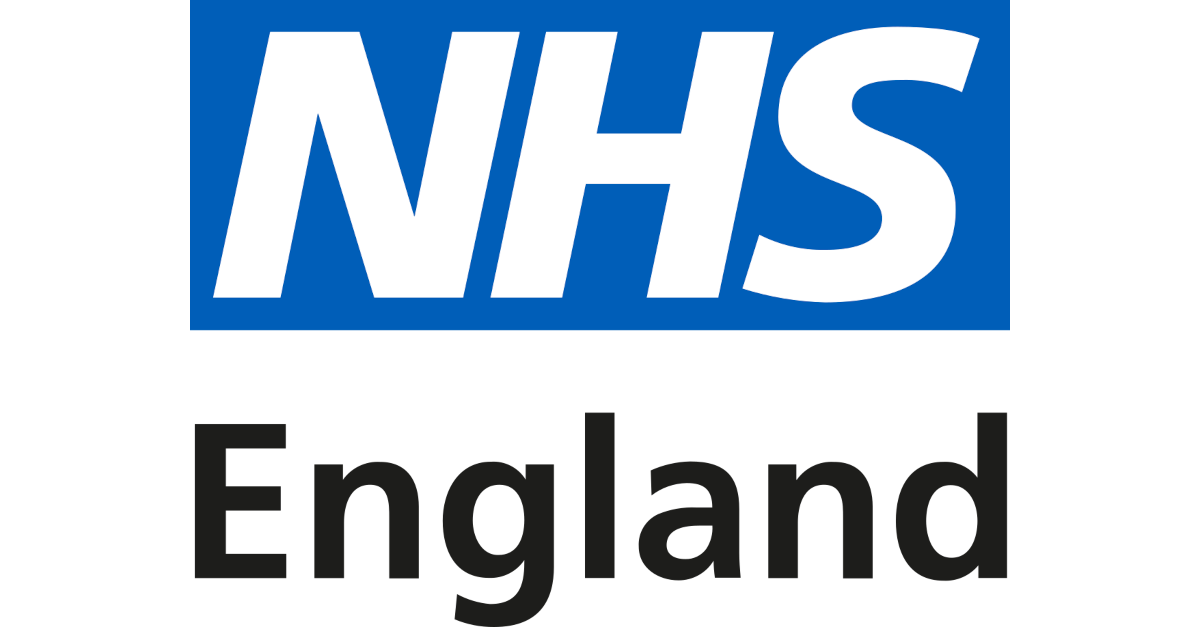The NHS will offer around 1,000 people at risk of contracting HIV a new long-acting jab if they cannot receive pills to protect them from the virus.
The launch of this preventive therapy brings NHS England one step closer to its goal of eliminating HIV transmissions within the next five years.
Cabotegravir injection will be available on the NHS for people who cannot receive pre-exposure prophylaxis (PrEP) tablets in the coming months, following approval today from the National Institute for Health and Care Excellence. [17 October].
The new preventative therapy, which will be administered every two months, will be provided at sexual health clinics across the country.
Around 1,000 patients who cannot receive oral PrEP will benefit from this new long-acting injection.
PrEP medications can prevent HIV-negative people from contracting the virus. If a person is exposed to it, the injection works by blocking an enzyme called integrase, which HIV needs to make copies of itself. This prevents the virus from multiplying in the body and becoming an established infection.
Today’s announcement comes as NHS England aims to become the first country in the world to end HIV transmissions by 2030.
Dr Michael Brady, national adviser for LGBT+ health at NHS England, said: “This long-acting injection is an important addition to our HIV prevention strategies: it gives us a powerful new option for people at risk of HIV who cannot take oral PrEP tablets and helps ensure that everyone who needs PrEP can access it.
“We have made enormous progress in HIV treatment and prevention over the past decade, and the addition of injectable PrEP will bring us one step closer to our goal of ending HIV transmissions by 2030.”
Secretary of State for Health and Social Care, Wes Streeting, said: “The approval of this innovative injection perfectly embodies what this government is determined to deliver: cutting-edge treatments that save lives and leave no one behind. For vulnerable people who cannot take other HIV prevention methods, this represents hope.
“We are making real progress on HIV, with PrEP uptake up 8% this year, and our ambition goes even further. England will be the first country to end HIV transmissions by 2030, and this innovative preventative therapy is another powerful tool in our arsenal to achieve that crucial goal.”
Dr. Will Nutland, CEO of PrEPster on The Love Tank, said: “Oral PrEP has been the only option for those of us using PrEP for HIV prevention until now. The introduction of injectable PrEP offers an option for people who want to use PrEP but cannot use tablet formulations. Adding more PrEP options makes it accessible to the greatest number of people.”
HIV is a virus that damages the cells of the immune system and weakens the ability to fight everyday infections and illnesses, which can lead to serious illness and death if untreated.
PrEP, whether oral or injectable, works by preventing HIV from taking hold in the body if someone is exposed to the virus. It is almost 100% effective in preventing HIV transmission.
The goal of HIV treatment is to suppress virus particles in the blood, known as viral load, to “undetectable levels” so low that they cannot be detected by laboratory tests, meaning it no longer attacks the immune system and cannot be transmitted to sexual partners.
The latest 2024 HIV surveillance report from the UK Health Security Agency reveals some progress towards ending HIV transmission, with new diagnoses falling by 4% across the country – from 3,169 in 2023 to 3,043 this year.
The approval of this new preventive therapy in the NHS follows the expansion of HIV testing with 30 more urgent tests to detect the virus in hospital emergency departments through the NHS bloodborne virus testing opt-out programme.
The expansion means that 89 emergency departments at major hospitals in England will routinely test anyone who has blood drawn in cities and towns with high HIV prevalence rates.
Health leaders hope the expanded network of A&E sites will allow the NHS to identify up to 1,900 more cases of newly identified HIV or previously diagnosed cases unrelated to care each year.
NHS leaders are investing £27 million to support the expansion of the program this year, having previously invested £20 million to roll out routine HIV opt-out testing in 34 hospital EDs in 2022.
Richard Angell OBE, chief executive of the Terrence Higgins Trust, said: “Injectable PrEP will be transformative for our response to HIV. It is highly effective and acceptable to patients, and a vital tool to address inequalities, with the potential to reach those who do not currently access other HIV prevention methods.
“The system now needs to roll it out quickly and ensure everyone understands the HIV prevention options available to them. That’s why the new HIV Action Plan for England must include action to ensure everyone can access PrEP in a way that works for them. That includes rolling out injectable PrEP and exploring the delivery of PrEP in settings outside of sexual health services.”
Julie Guest, CEO of ViiV Healthcare UK, said: “Expanding the range of HIV prevention options could help improve accessibility for people who cannot receive daily oral PrEP, supporting national efforts to reduce HIV incidence. As the first and only long-acting PrEP option available in the UK, cabotegravir expands our portfolio and offers an alternative option to help people stay protected.”
Councilor Dr Wendy Taylor, chair of the LGA Health and Wellbeing Committee, said: “For many people, daily oral PrEP is effective and accessible. But for others, particularly those who face stigma, unstable housing, or other barriers to daily medication, this new injectable option could be life-changing. Cabotegravir provides a discreet, long-acting alternative that will help close gaps in access and adherence.
“This is a powerful example of how innovation, combined with inclusive public health policy, can drive real progress and ensure equitable access to HIV prevention tools for all who need them.”
Gillian McLauchlan, sexual health spokesperson for the Association of Directors of Public Health (ADPH), said: “Today’s approval for the cabotegravir injection to be rolled out nationwide marks a turning point in our collective fight to end HIV transmissions by 2030. Overall, diagnoses are declining, and with the availability of this injection, that number promises to decline even further.”
James Woolgar, chair of England’s HIV and Sexual Health Commissioners Group, said: “We warmly welcome the introduction of injectable HIV PrEP technology. This is a vital addition to our prevention toolkit that has the potential to transform the way people protect themselves against HIV. We have made great progress improving testing and access to PrEP, and this will help us reach even more people.”
More information
- Cabotegravir will only be offered to people who cannot receive oral PrEP, for example due to medical contraindications or difficulty swallowing tablets. Other examples could include people who cannot take oral PrEP because they are homeless, living in unstable housing, or experiencing domestic violence.
- Long-acting cabotegravir for PrEP is administered by injection six times a year by a healthcare professional and begins with a single injection given one month apart for two consecutive months. After the second booster injection, the recommended follow-on injection dose is a single injection given every two months.
- Recent UKHSA data showed that among gay and bisexual men, new HIV diagnoses in England fell by 6% from 859 in 2023 to 810 in 2024. Over the same period (between 2023 and 2024), new HIV diagnoses in England among black African heterosexual men increased by 15% (231 to 265), but decreased 5% among black African heterosexual women (441 to 2024). 418).
- In 2024, 10.6% (146,098 of 1,379,884) of HIV-negative people who accessed sexual health services needed PrEP, of whom 76.1% (111,123) started or continued PrEP.
- PrEP initiation or continuation among those in need was highest among white (79.4%) and ethnic minority (77.8%) gay and bisexual men, and lowest among black African heterosexual men and women (34.6%) (36.4%), and among other ethnic minority heterosexuals (43.9%).
- Cabotegravir is manufactured at GSK’s facility in Barnard Castle, County Durham.



